Umar Khalid Wanted To Exploit Sharjeel Imam's 'Religious Fanaticism', Allege Delhi Police In Chargesheet
Wed 25 Nov 2020, 18:24:00
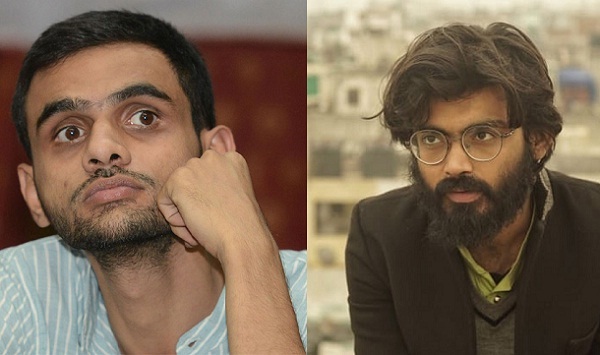
JNU student Sharjeel Imam's "religious fanaticism" coupled with his academic legacy and sharp oratory skills was the "perfect combination" that his mentor Umar Khalid was looking to exploit, the Delhi Police have alleged in its supplementary charge sheet filed in a case related to the Northeast Delhi riots.
It further alleged that for the "deeply communal" Khalid, Imam was the "unapologetic floating froth of religious extremism who was to be used for executing the precipitation of the conspiracy in the riots".
It alleged that Imam's academic, religious and oratory instincts were to become an asset for the key conspirators of the case in the days to come.
"Four events that ultimately led to the emergence of the religious extremist that was taking shape within the conscience of Sharjeel Imam were passage of law declaring triple talaq as an illegal, final judgement in the Babri-Masjid case, revocation of Article 370 of the Constitution of India and the introduction of the Citizenship Amendment Bill.
"Imam was a functioning member in occasions constantly saw inside JNU grounds and was generally welcomed for his oratorial aptitudes. Umar Khalid, his coach had an uncommon interest in Sharjeel Imam. The strict obsession of Sharjeel combined with his scholastic heritage and sharp expository abilities was only the ideal mix that Umar Khalid was hoping to adventure to execute the exercises gained from his endeavored dissident uprising in JNU in 2016," the charge sheet asserted.
It further asserted that Khalid, in broad daylight talk, consistently imagined that "agnosticism" was his confidence. "Occasions have indicated something else," the charge sheet said.
It said an examination indicated that the idea of problematic "chakka jaam" which later formed into designed savage mobs in facilitation of a typical scheme was purportedly incubated by Imam with head
backstabbers.
backstabbers.
The charge sheet additionally referenced the names of a portion of Imam's scholastic works.
"Sharjeel Imam joined JNU in 2013 as a student of masters in modern history and his thesis was titled 'Exodus before Partition: The attack on Muslims of Bihar in 1946' which dealt extensively with riots and communal programs. While Imam was engaged in his academic pursuits at JNU, the University had witnessed the first registered criminal case pertaining to acts of sedition wherein his later day mentor Umar Khalid was the prime accused.
"His (Imam's) academic expressions can be found in leading digital media platforms and some of those pertaining to the period, when his ultra-Islamist world view were crystallising, read as 'The Hindu Republic: Seven decades of Muslim exclusion in India', 'It''s time we absolve Jinnah', 'Remembering 1980: Moradabad Muslim massacre: A harsh indictment of 'secular' and left politics', 'Islamophobia in JNU is also rampant among left-wing student organizations claiming to be secular'," it claimed.
The police said in the supplementary charge sheet that Imam withdrew from the Shaheen Bagh protest on January 2, 2020, but whether he had actually withdrawn or not can also be understood by the utterings of those who hold "at par stature in the cobweb of this conspiracy".
Khalid was arrested in February 2016 on charges of sedition in connection with the controversial event held in JNU campus against Afzal Guru's hanging during which anti-national slogans were allegedly raised. He is out on bail in the case.
In December 2019, large scale violence took place in Jamia Nagar and nearby areas during protests against the Citizenship Amendment Act.
Communal violence had broken out in northeast Delhi on February 24 after clashes between citizenship law supporters and protesters spiralled out of control leaving at least 53 people dead and around 200 injured.
No Comments For This Post, Be first to write a Comment.
Most viewed from National
Most viewed from World
AIMIM News
Latest Urdu News
Most Viewed
May 26, 2020
Is it right to exclude Bangladesh from the T20 World Cup?
Latest Videos View All
Like Us
Home
About Us
Advertise With Us
All Polls
Epaper Archives
Privacy Policy
Contact Us
Download Etemaad App
© 2026 Etemaad Daily News, All Rights Reserved.

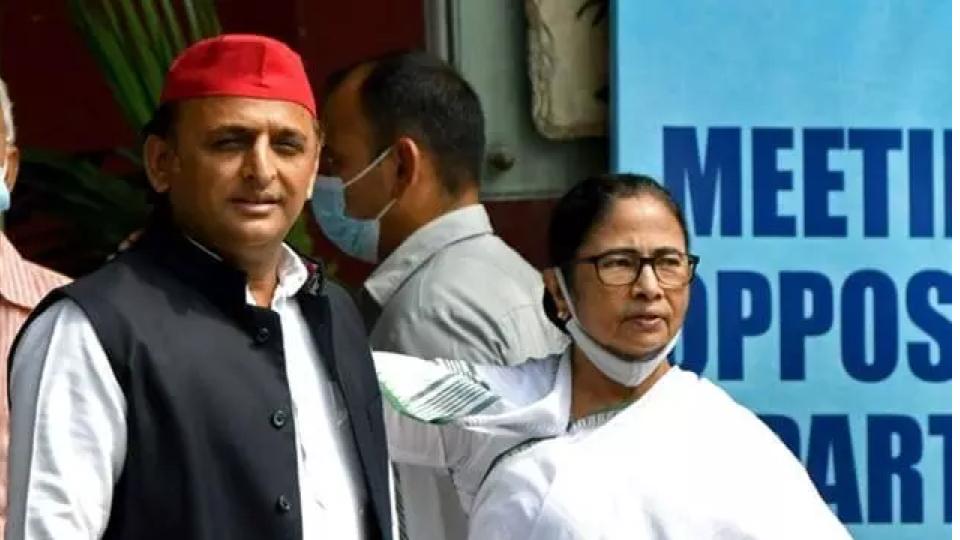

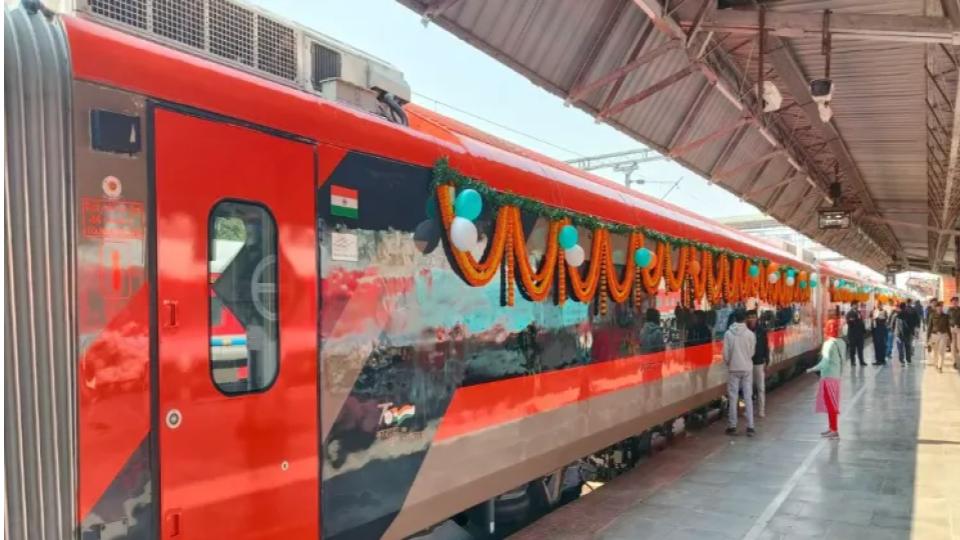
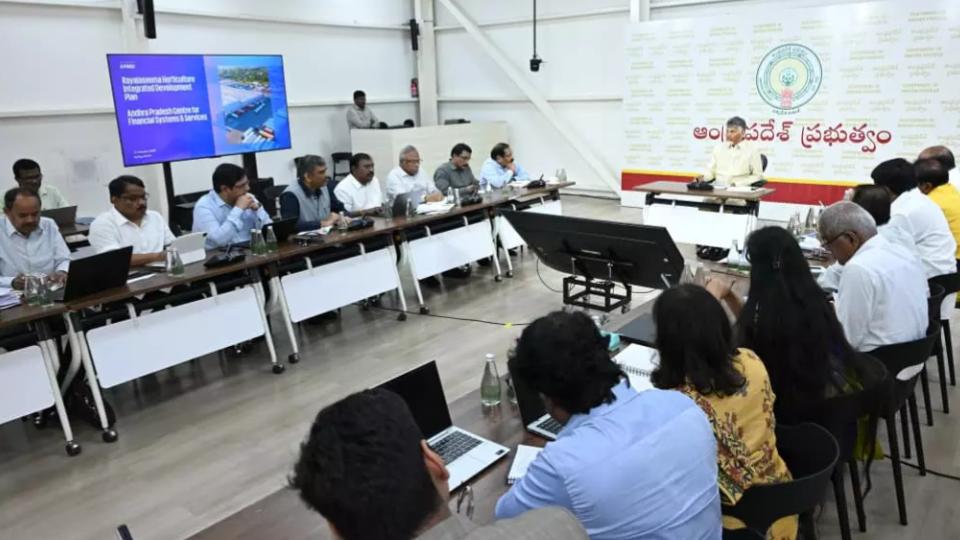
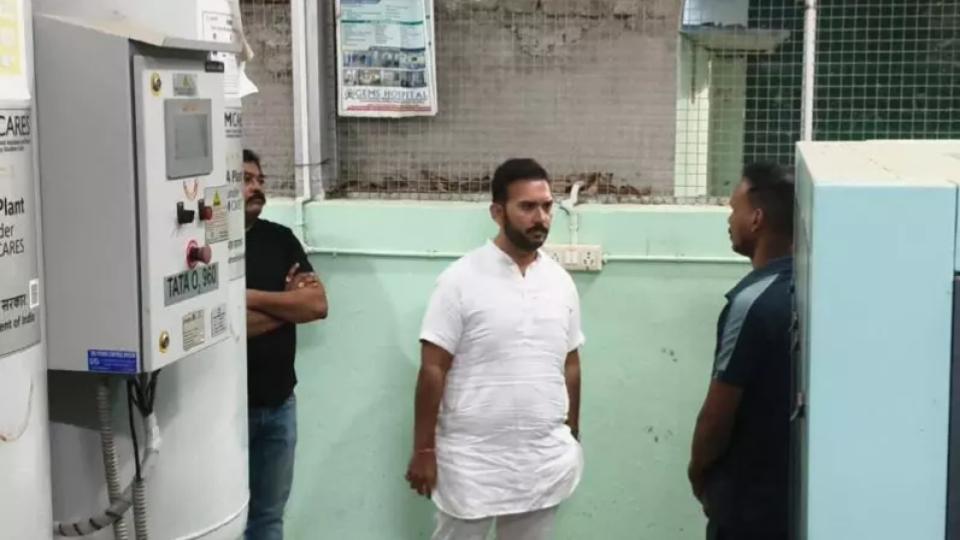

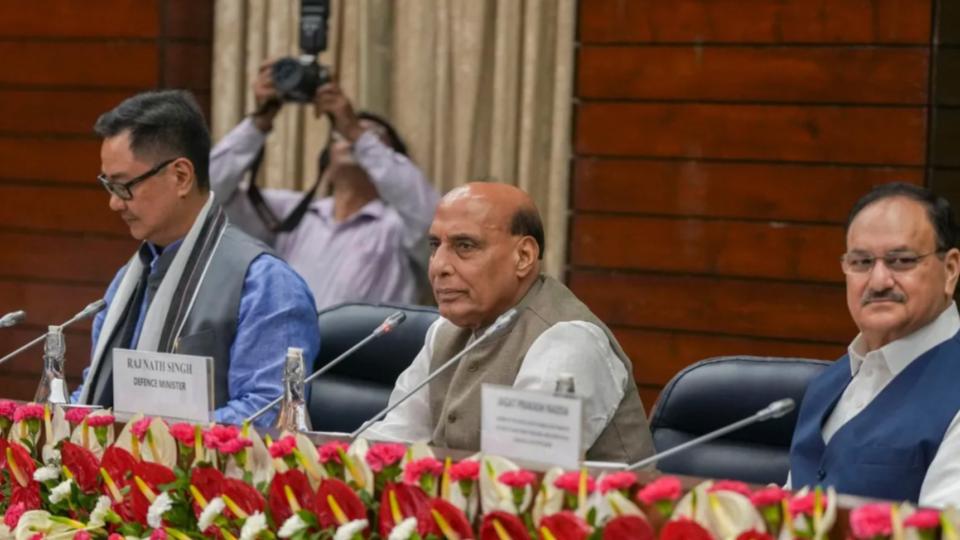
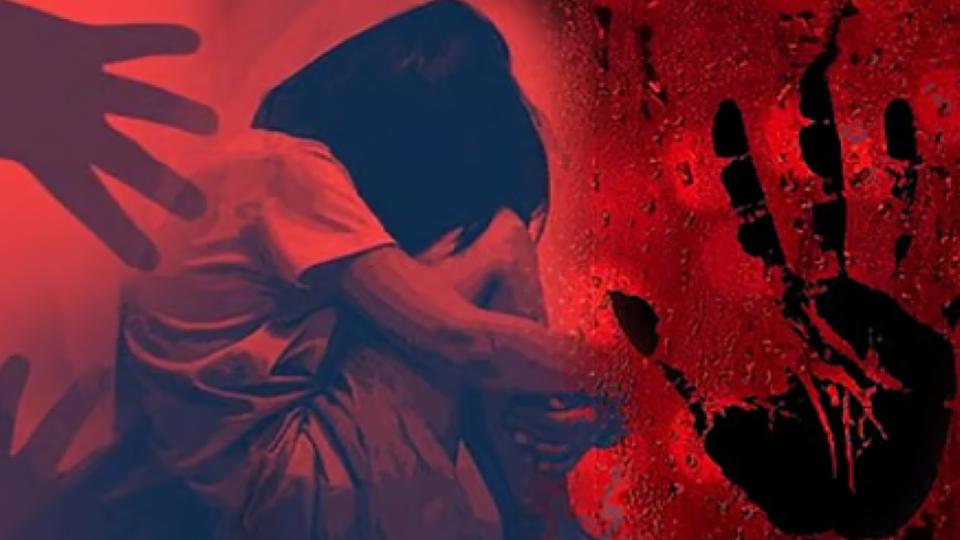

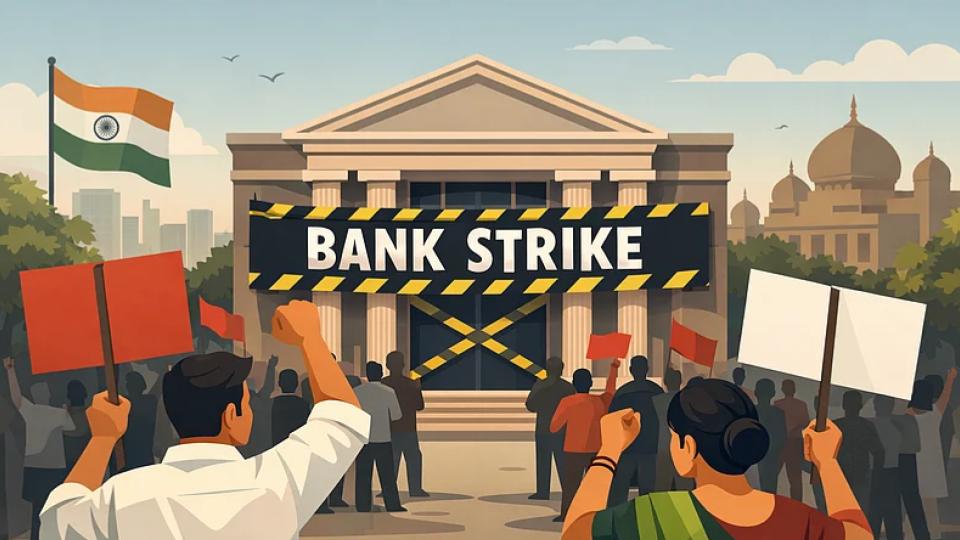

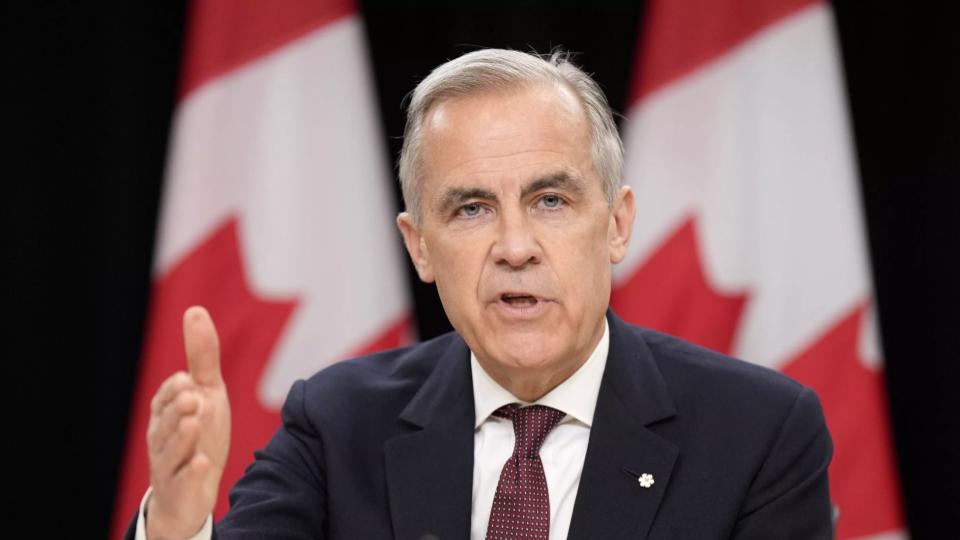
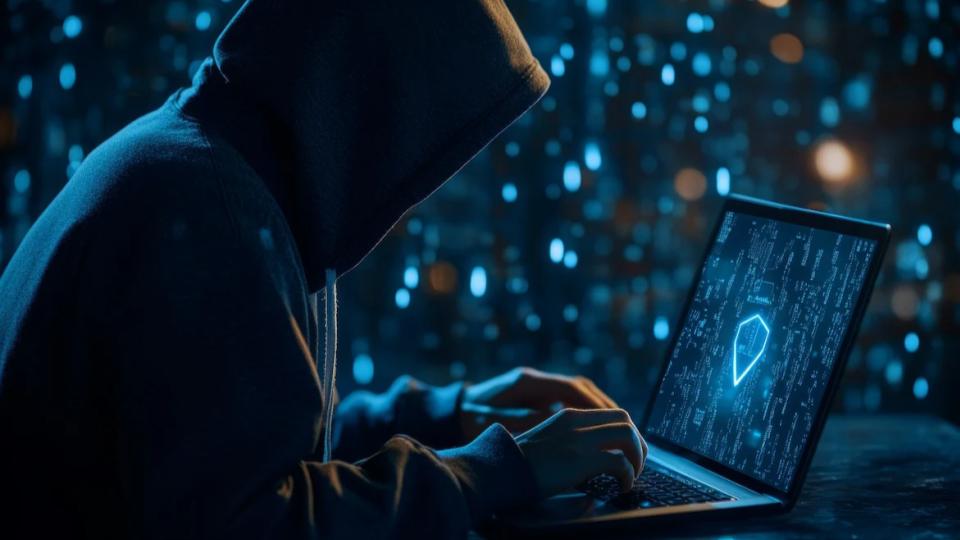
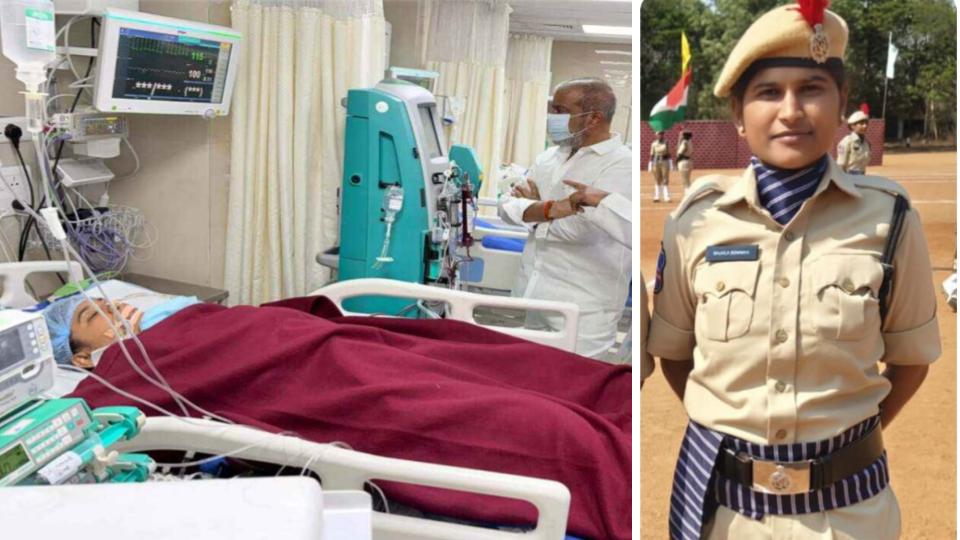
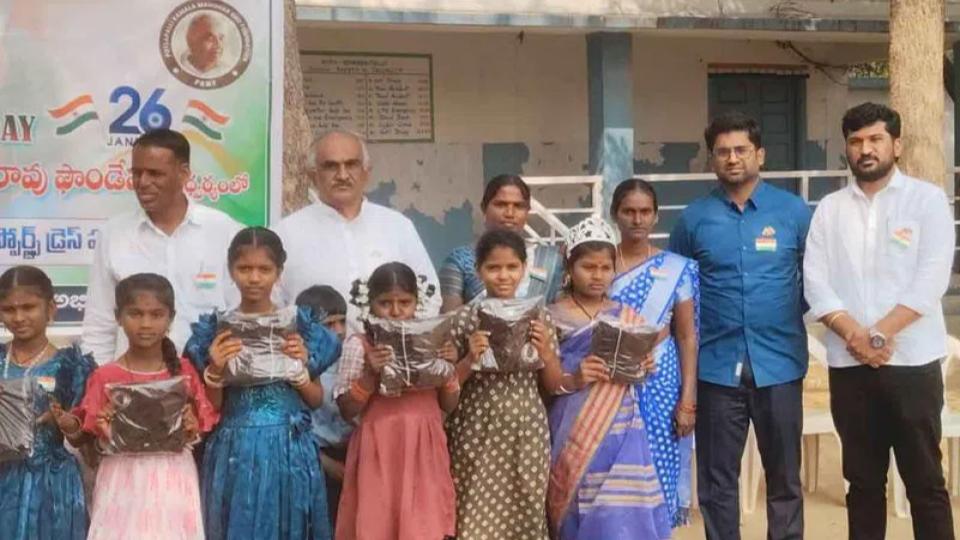
.jpg)
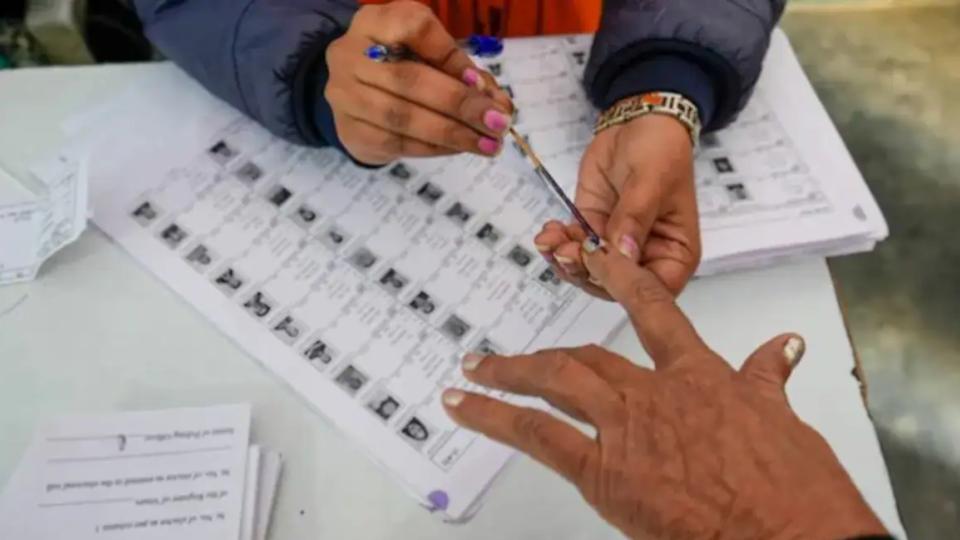
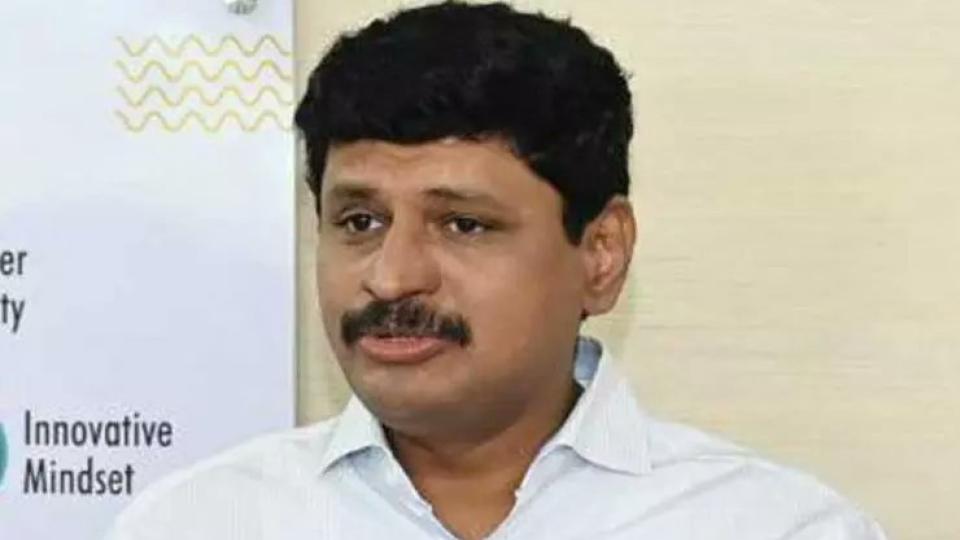
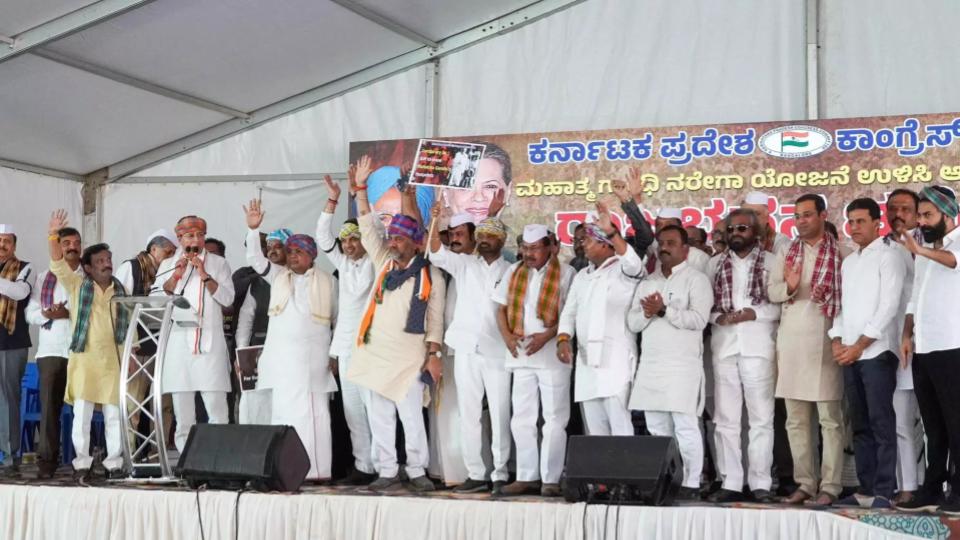

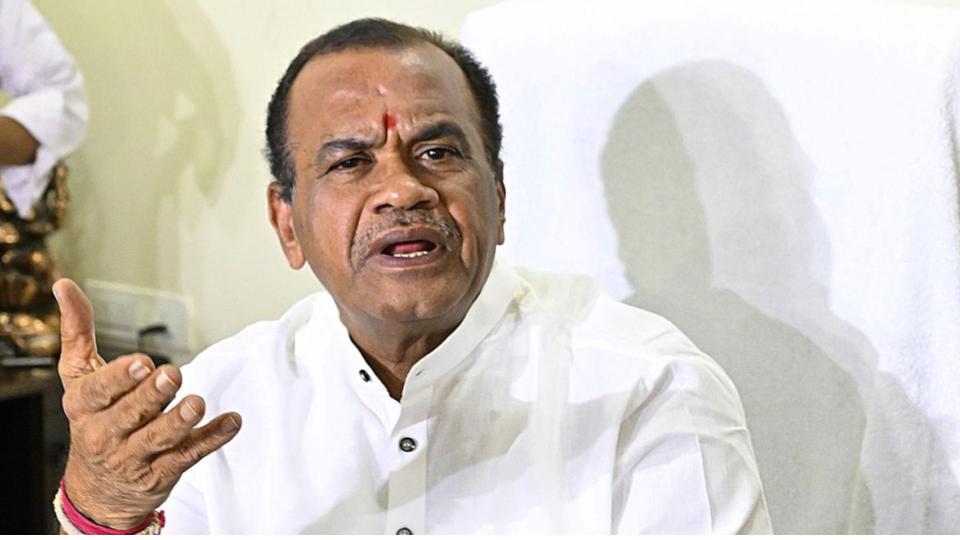
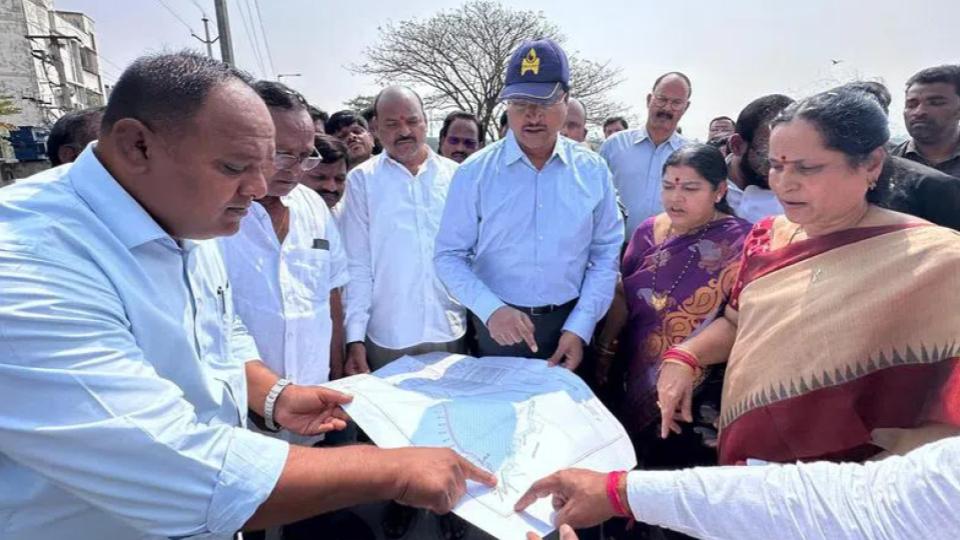
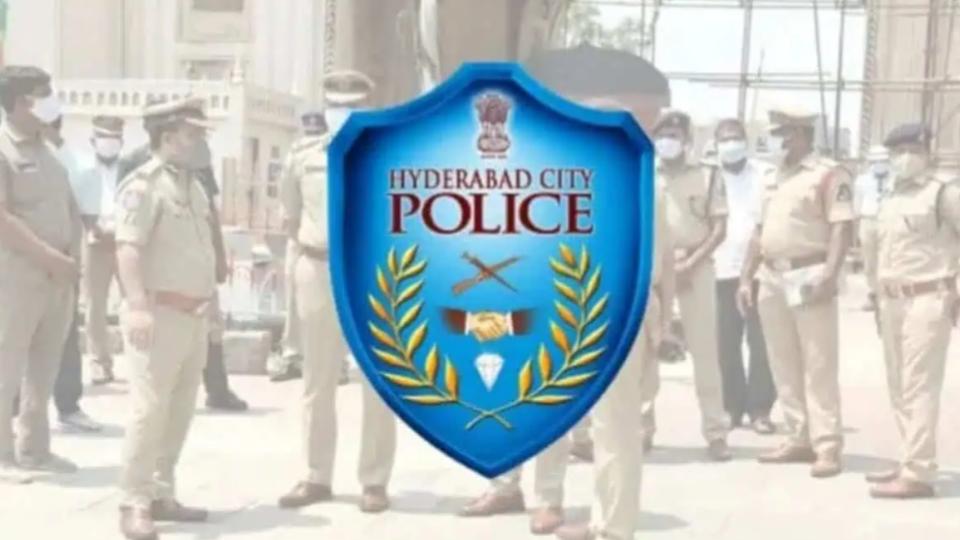


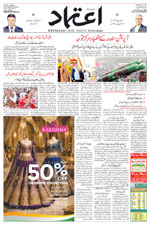










.jpg)
.jpg)
.jpg)


